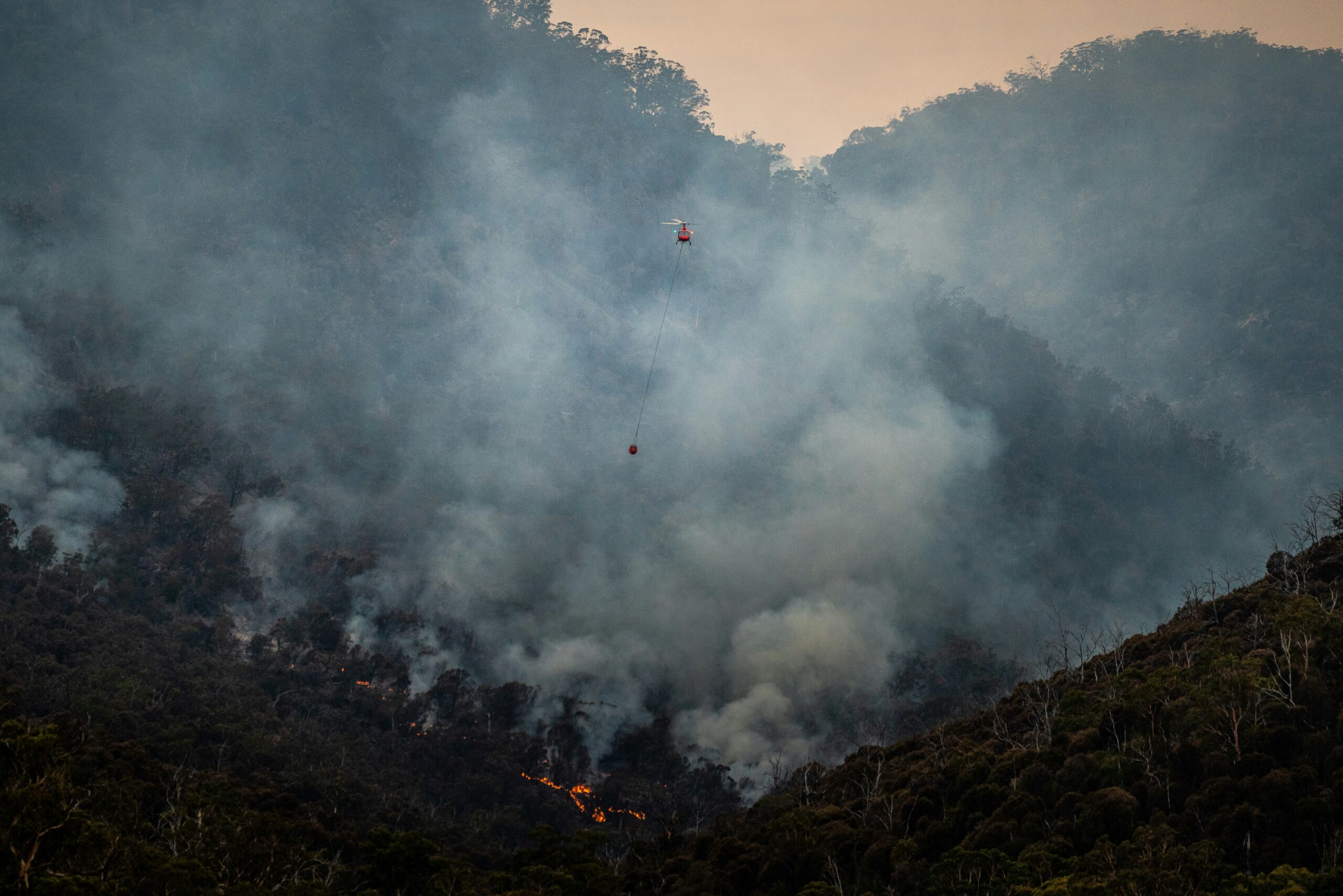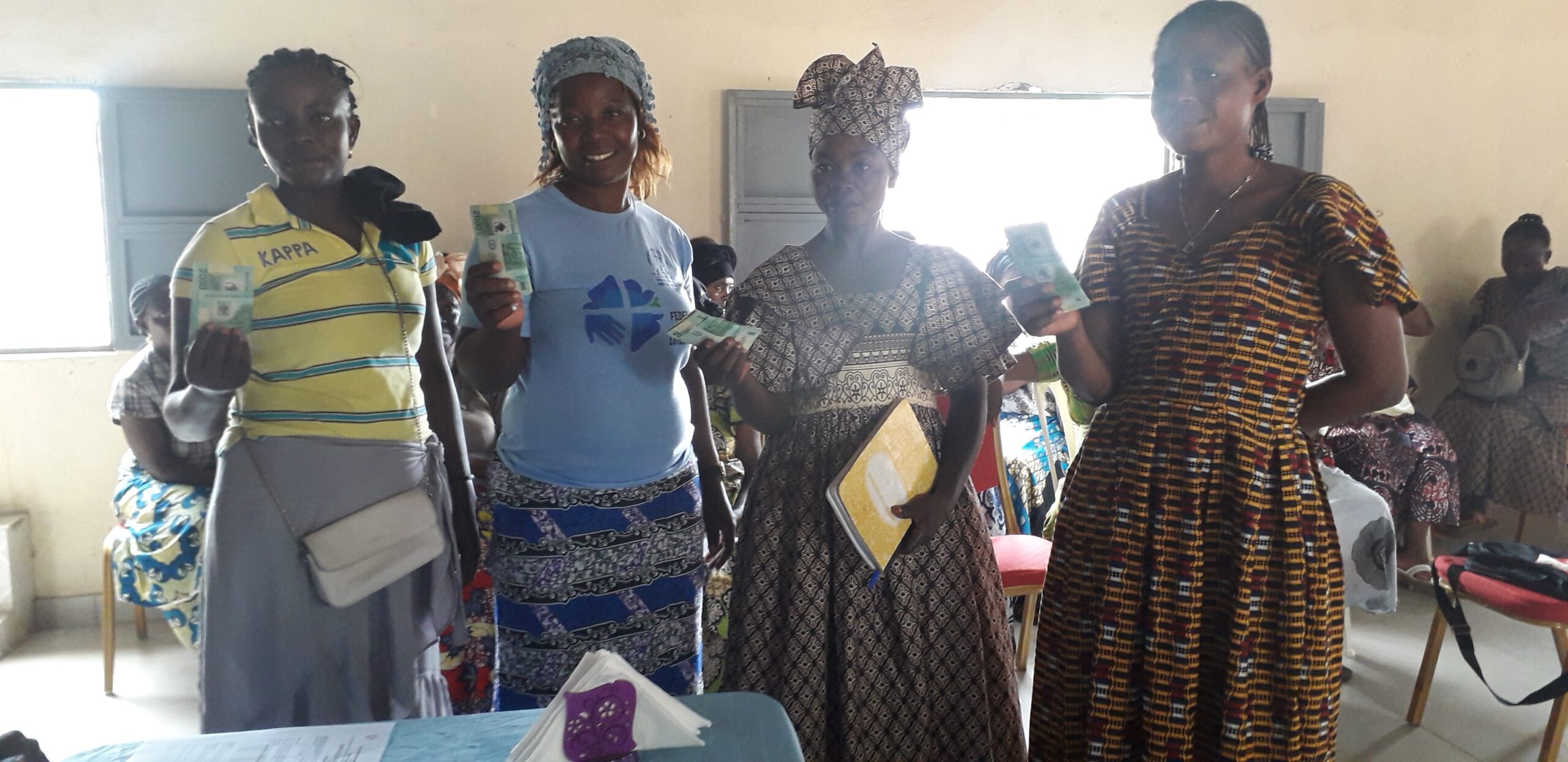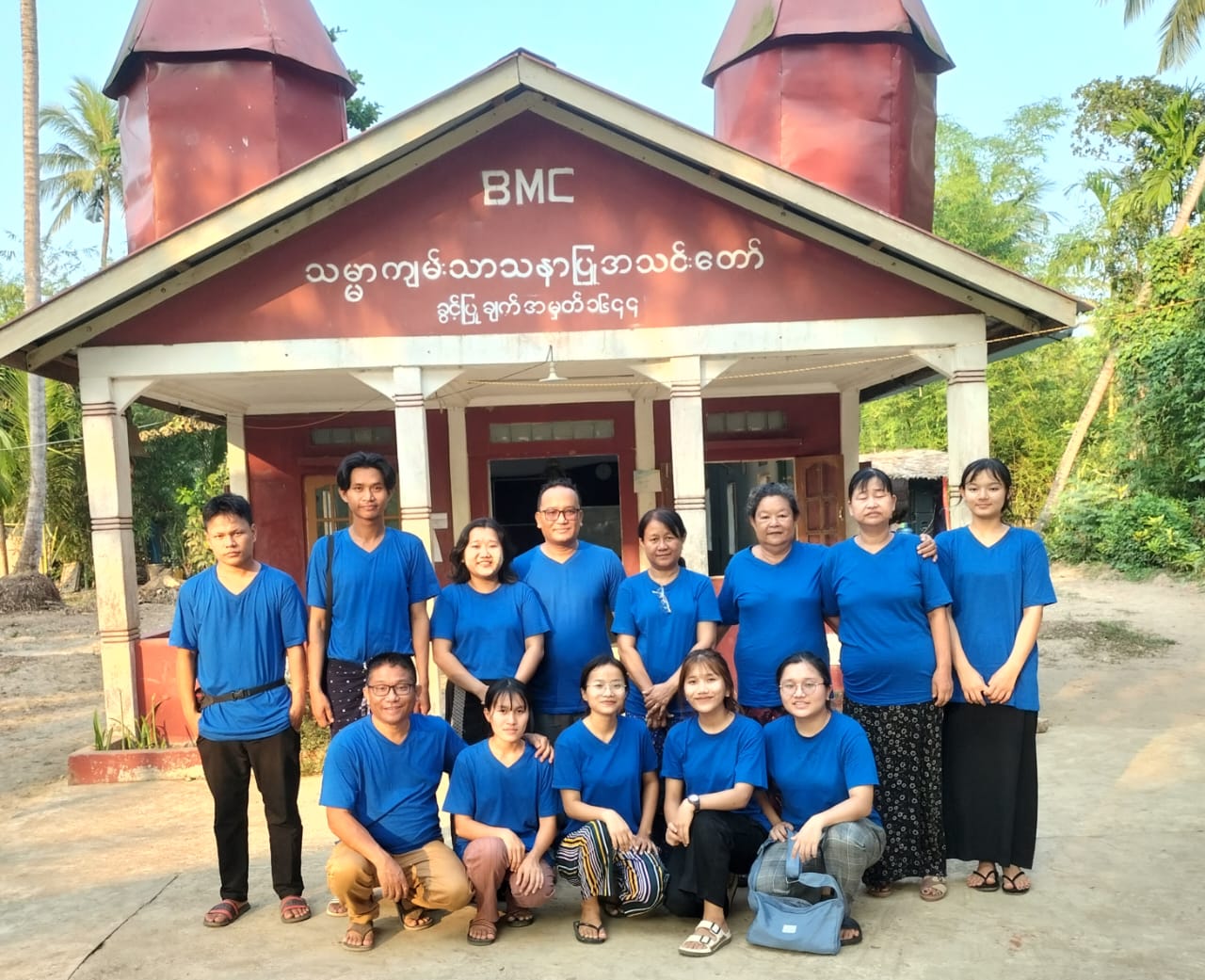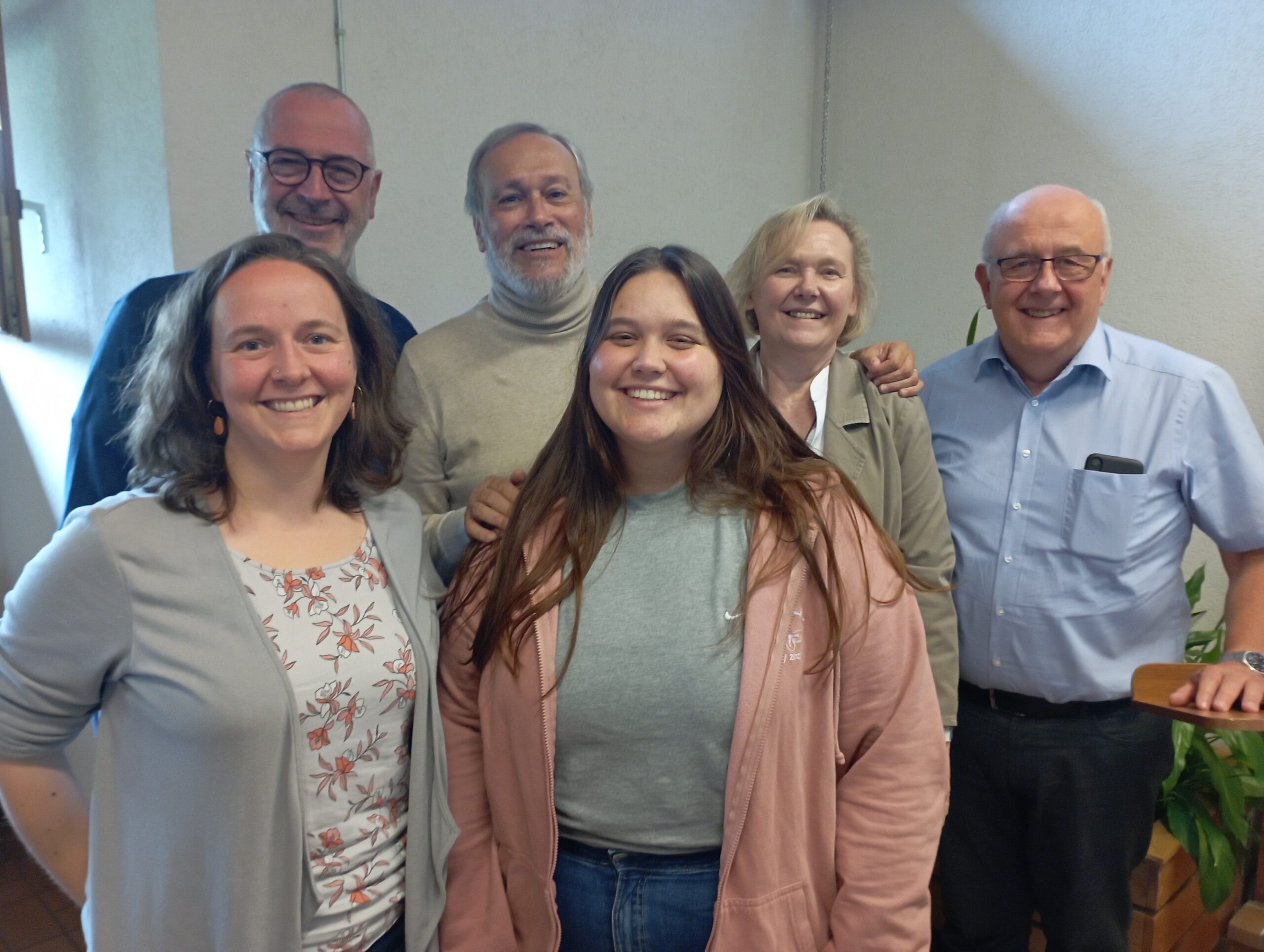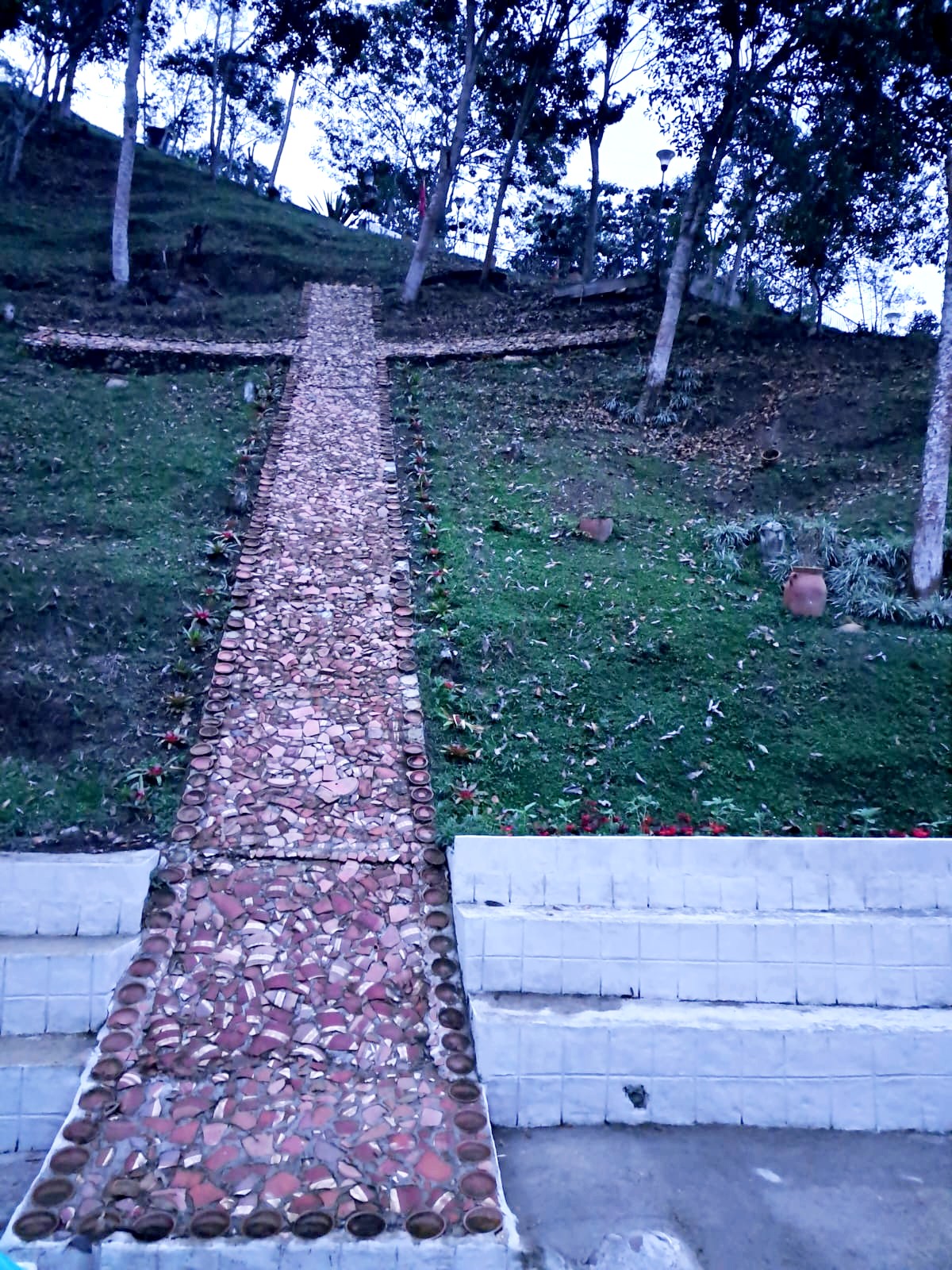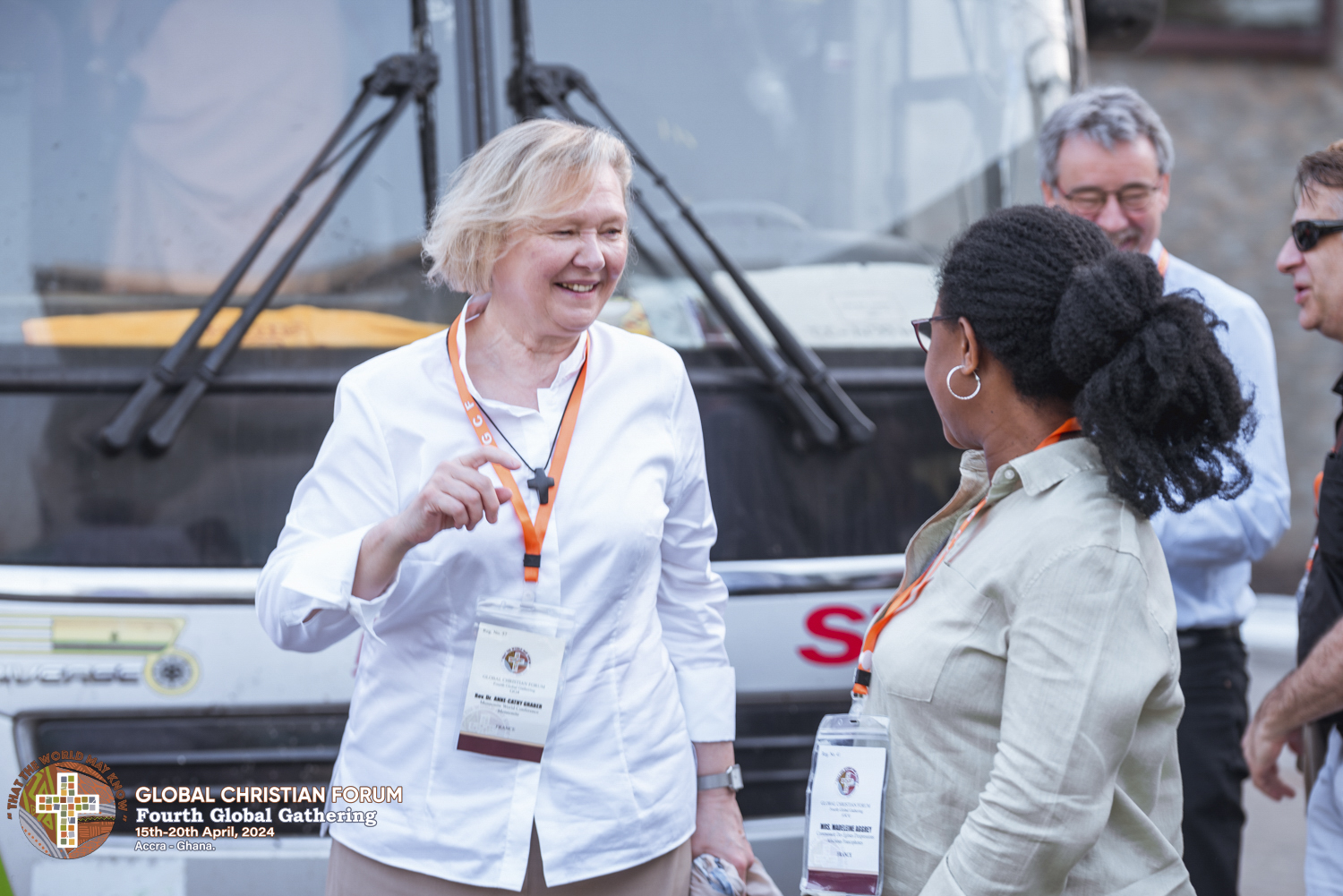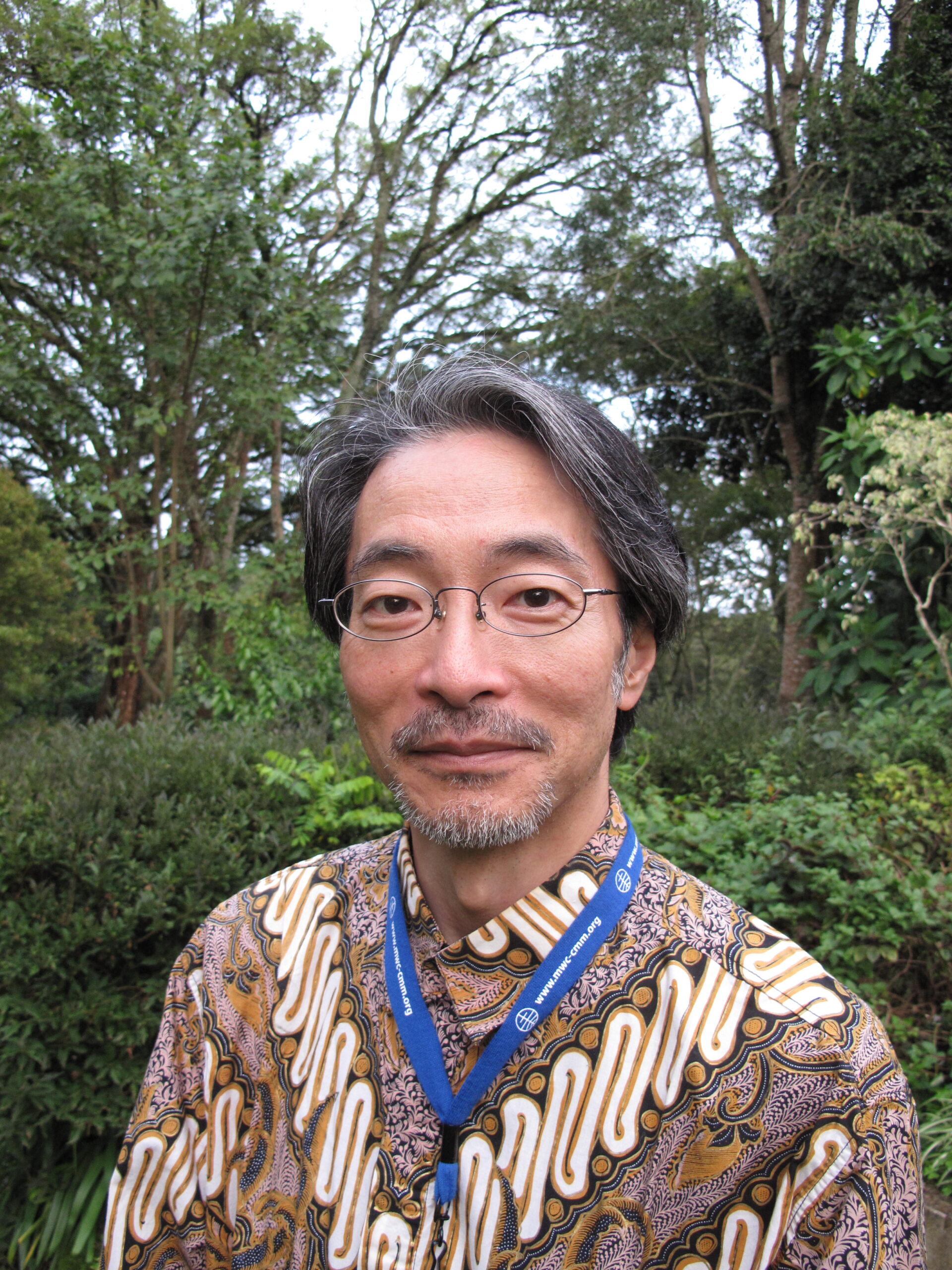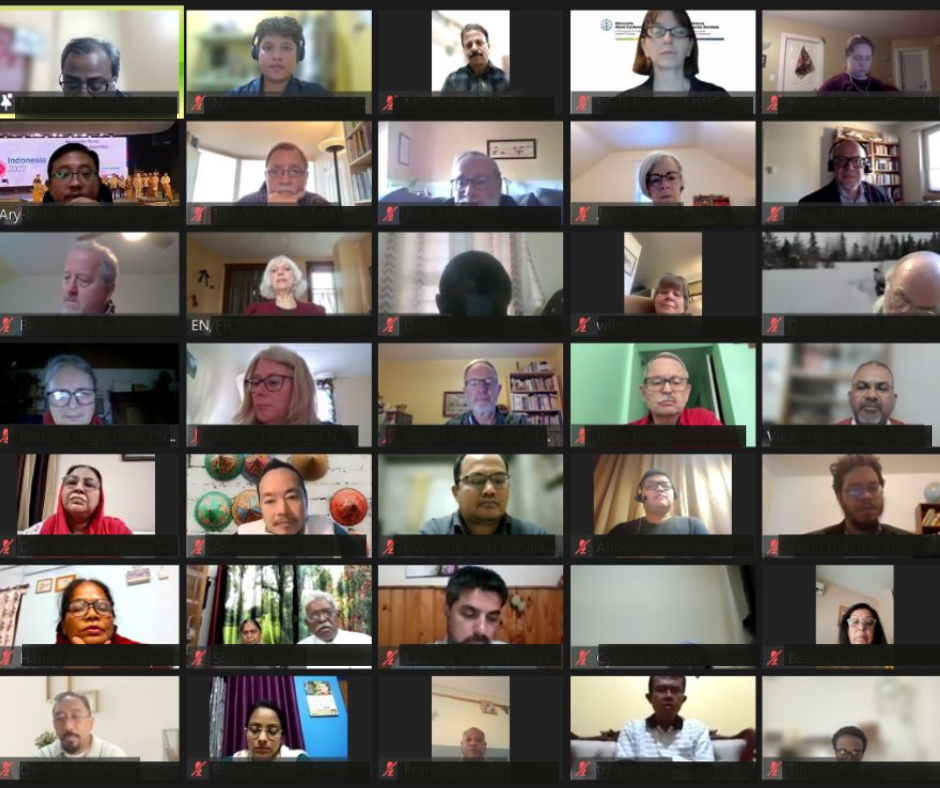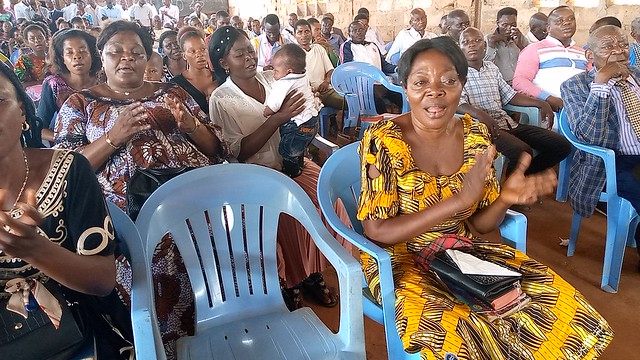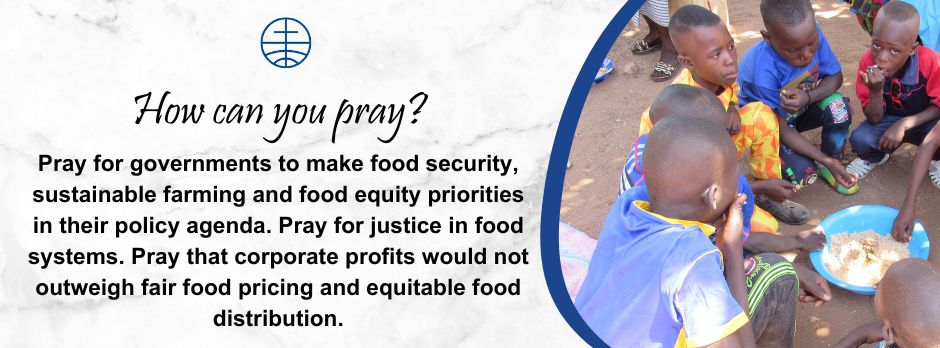-
God so loved the cosmos…
The environmental crisis and our mandate to care for creation A word of encouragement from the MWC Faith & Life Commission and the Creation Care Task Force. Part 1 of 2 “Creation care” is taking on ever-increasing urgency. The news reminds us daily of alarming changes in our climate. As the Creation Care Task Force’s
-
Angola church supports women
“Religion that is pure and undefiled before God the Father is this: to care for orphans and widows in their distress” (James 1:27). Igreja Evangelica Menonita Em Angola (IEMA) has taken this to heart with a lending project to promote small business for widows and abandoned women in their community. During a meeting of IEMA’s
-
Life-extending gifts to Myanmar
Even civil war doesn’t stop the global family from supporting one another. For the Indonesia 2022 Assembly, Amos Chin from Bible Missionary Church, Mennonite (BMC), came to participate in the MWC General Council. A military coup followed by civil war had broken out in his country a year earlier, destroying the livelihoods of people there.
-
The mosaic of Scripture and of the church
Peace Sunday 2024 Teaching resource Reading Scripture has always been at the heart of the church’s life, but from early on, different ways of reading and understanding have led to conflict and division. What is Scripture? Already in the early centuries several movements arose with differing claims about the meaning of the Gospel and how
-
Peace Sunday 2024 – Activities
2 Corinthians 4:7 describes the gospel as a “treasure” in “clay jars.” These humble vessels bring to mind the Japanese tradition of kintsukuroi that creates (or recreates) pottery from broken pieces. Damaged vessels are put back together, often with gold binding, to create a useful object once again. The new piece tells a story about
-
Global gathering mourns, repents and reconciles
The rain came with a cool breeze, driving humid heat out the open church windows. So began “That the World May Know” (John 17:23), the fourth Global Gathering of the Global Christian Forum (GCF) in Accra, Ghana. The gathering 16-19 April 2024 marked the 25th anniversary of the Global Christian Forum. This is unique space
-
“Remember your baptism”
Could Anabaptist-Mennonites practice “remembering our baptism” as a tool for lifelong discipleship? Although they often baptize infants, both Catholics and Lutherans call upon the believer – sometimes every year – to “remember your baptism” into a life of discipleship. Former MWC general secretary Larry Miller learned this through the five-year process of trilateral dialogues between
-
Pastoral arm listens, prays and encourages
“We are called to be shalom-makers wherever we go. It takes courage, discipline, commitment and, of course, the guidance of the Holy Spirit,” says Andi Santoso, chair of the Deacons Commission. What is the Deacons Commission? The Deacons Commission* is the pastoral arm of Mennonite World Conference, focusing on the welfare of member churches, particularly
-
World Mennonites pray for courage and love
“What a good way to end our day praying together as a global church,” says Sushant Nand, a leader in Mennonite Church India. He led a breakout room for Online Prayer Hour, a bimonthly event at 14:00 UTC that gathers Anabaptist-Mennonites from around the world. After a short prayer focus on Mennonite Action (a movement
-
We will continue to pray
“Praise God we had a meaningful prayer time for unity of Spirit to pray for suffering and bleeding humanity. May God have mercy over this world. We will continue pray for shared points,” says participant Rechal Bagh.
-
Interconnected family celebrates peace
Peace (English) – Paix (French) – Amani (Swahili) – Mirembe (Luganda): children at a Uganda Mennonite church wrote “Peace” in multiple languages. (See photo below.) Each year, the Peace Commission prepares a worship resource for Peace Sunday. Organized around a new theme each year, the package includes a Scripture focus, prayers, an activity and a
-
What can I do to address world hunger?
Mennonite World Conference is one of 14 Christian organizations joining hands with World Vision International in prayer and action against world hunger. The third annual Weekend of Prayer and Action Against Hunger (#WoPA2023) is observed 14-16 October 2023, coinciding with World Food Day which falls on Monday, 16 October 2023. “We believe famine has no
